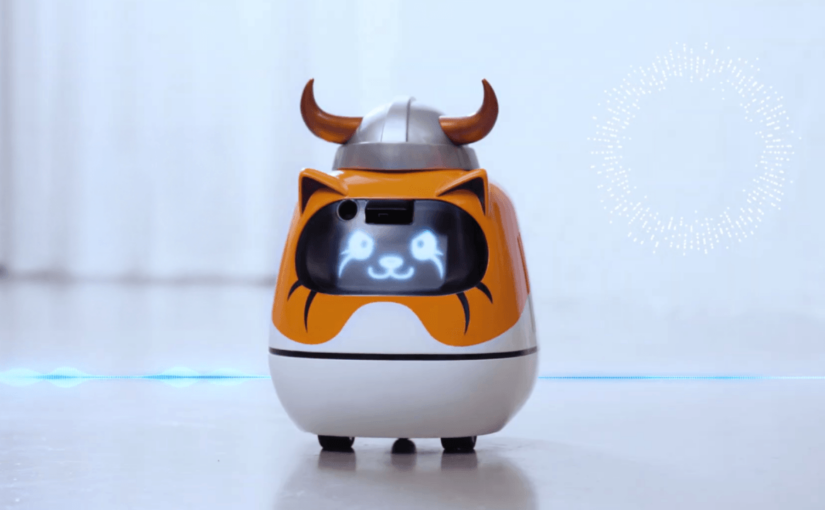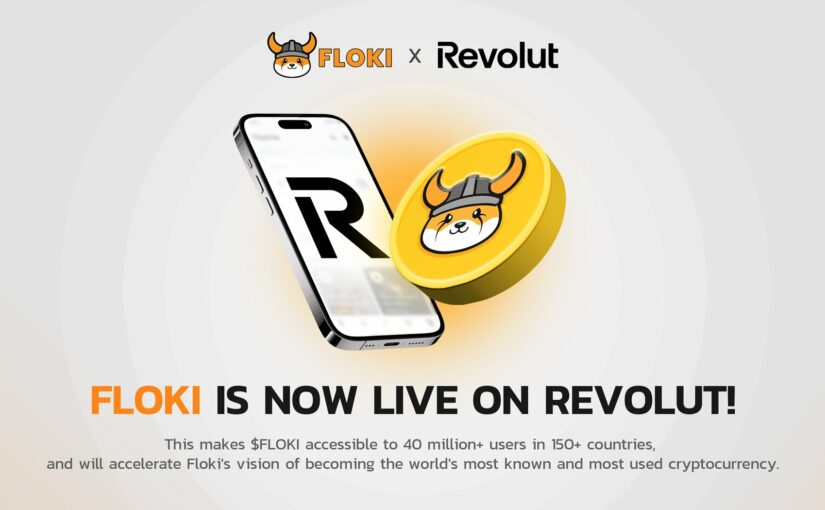Robot Roommate Wants to Chat, Play Music, and Pay You in Crypto
Floki teams up with Rice Robotics to release a talkative gadget that rewards human interaction with tokens and companionship
In a development that sounds suspiciously like the plot of a tech-themed sitcom, a cryptocurrency project and a Hong Kong robotics firm have joined forces to build a robot that talks, entertains, and gives you cryptocurrency for keeping it company.
Rice Robotics, known for making robots that deliver parcels and occasionally small talk, has launched the Minibot M1—a personal robot assistant powered by artificial intelligence and backed by meme coin outfit Floki. The pint-sized machine is designed to fetch information, tell stories, and hold conversations with its human owners, who will be rewarded in $RICE tokens every time they engage with it. That’s right: it’s a robot that pays you for attention.
The $RICE token, which fuels this arrangement, will go live on TokenFi Launchpad. Anyone holding Floki’s other coin ($FLOKI) or TokenFi’s token ($TOKEN) can expect some free digital change to drop into their accounts via airdrops—no word on whether the robot will deliver it in person.
Backers of the project include some heavy hitters like SoftBank, Nvidia, and Dubai Future Foundation. Rice Robotics already has machines running errands for 7-Eleven in Japan and performing office duties at SoftBank’s headquarters. Apparently, the next logical step is building robots that double as needy flatmates with crypto wallets.
Floki, meanwhile, is stretching beyond dog-themed coins into artificial intelligence and asset tokenization through its sister company TokenFi. Its hope is that robots will someday swap training data with each other the way humans swap stories in pubs—only without the beer, and hopefully with fewer misunderstandings.
Rice Robotics recently bagged $7 million in a pre-Series A funding round, which included contributions from Alibaba Entrepreneurs Fund and others. The goal? A decentralized robot data network, where bots learn from each other without having to report back to headquarters—sort of like the office gossip grapevine, but with code.
With analysts estimating the AI robotics sector could surpass $100 billion by 2030, Floki and Rice are betting people will be open to the idea of a friendly robot who can play your favorite playlist, schedule your dentist appointment, and throw in a few coins for the chat.
Whether this becomes the new normal or just another chapter in tech’s long history of odd inventions remains to be seen. But for now, the idea of a robot that listens to your stories and gives you money sounds like a futuristic therapy session—minus the hourly rate.
Would you let a robot pay you to be your friend?









